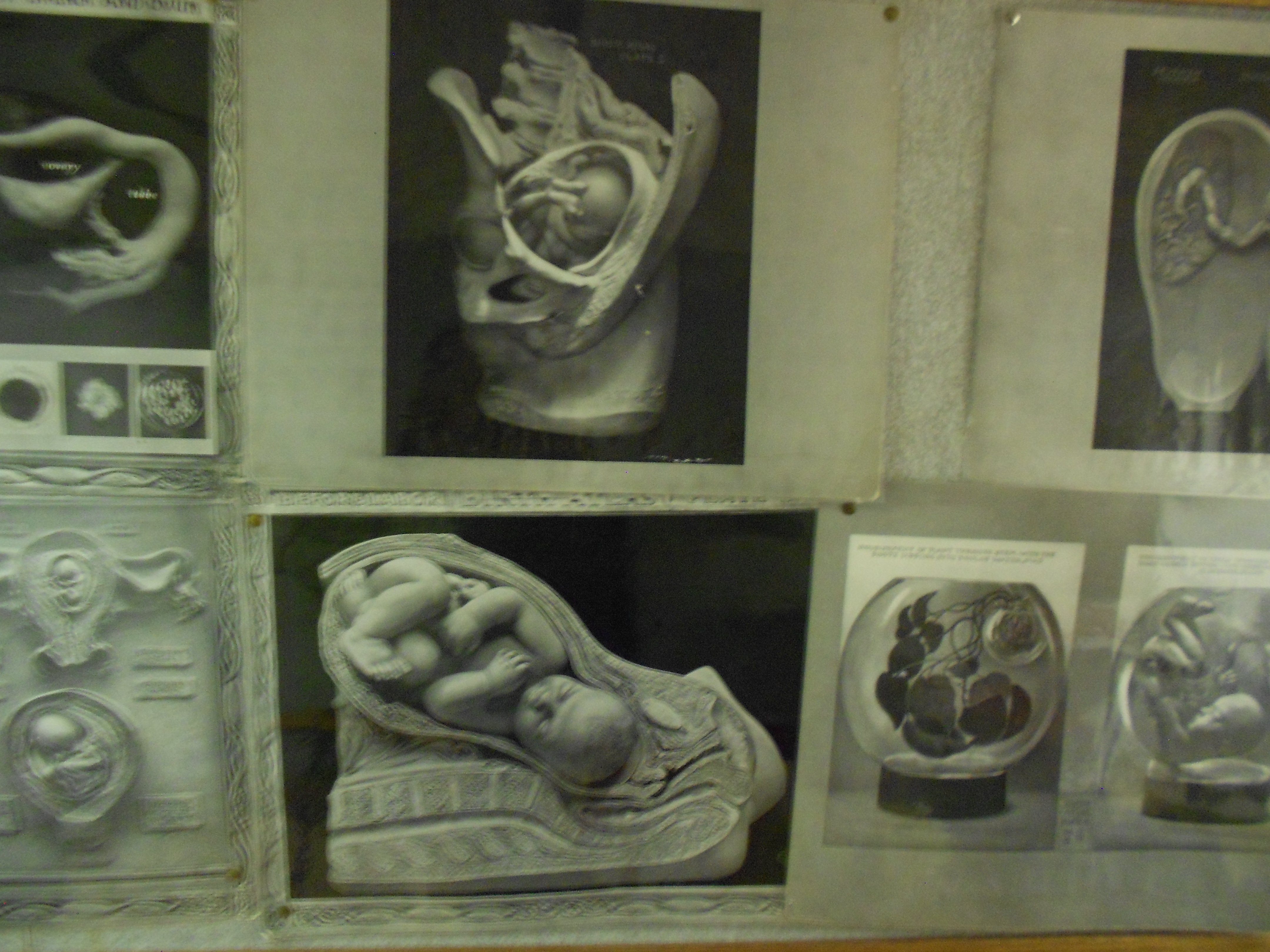PREGNANCY, CHILDBIRTH, THE NEONATE AND CHILD GROWTH AND DEVELOPMENT: BOK 382
(BLOCK 9)
Delivering a baby is almost a daily task with which the emergency physician is faced, especially in rural areas where there isn’t enough specialist Obstetricians to manage such cases.
Contents of the block:
(a) Pregnancy
(b) Neonatology
This module entails the study of the natural physiological complexes and pathological conditions concerning pregnancy and birth. Different learning opportunities and situations are used, including prenatal clinics, labour wards and neonatal units. Emphasis is placed on acquiring scientifically-based information, as well as important practical and clinical skills. The behavioral sciences are also included in the block, as well as the social, family and community-related aspects.
(c) Growth and development
A study of the unique aspects of the physical growth and neuro-development of a normal child is taught. Learning opportunities are presented to the student to identify problems concerning growth and development, as well evaluating and handling children with abnormal growth and development. Emphasis is placed on the prevention, evaluation and handling, as well as the effective treatment with a decided result. This block integrates with the previous block in order to enable the student to understand the continuum of growth and neuro-development from the prenatal to the post-natal milieu.
This block entails the acquisition of many important skills. The Skills Laboratory takes a very active role in providing students with the opportunity to acquire and refine their practical abilities in obstetrics.
The training starts with the review of basic skills which have been procured previous to the commencement of this block. These include blood pressure measurement, urine testing and haemoglobin assessment. Examining and establishing the presence of an embryo or fetus, filling in a postnatal care and measurement of children are presented later on.
Knowing the mechanism behind labour and performing an uncomplicated deliverance, filling in of a partogram and examining the neonate are skills which are attained in the second week of the block.
Suctioning, intubation and mask ventilation of a neonate are included in the third week. Examining the placenta, determining gestational age using the Ballard score, performing bilirubin measurement and administering phototherapy are covered in the following week.
In the second part of the block, students are expected to be able to perform the passing of a nasogastric tube in the neonate, administer oxygen via nasal prongs or headbox, and perform a tap test.
The sixth week teaches students how to perform a rapid HIV and RPR test, examine the abdomen of the pregnant woman and provide patients with breastfeeding counseling.
The final weeks of the block are spent learning how to control fluid in a neonate, perform an amnioinfusion, catherise an umbilical vein, and administering a Ferning test.


Copyright © University of Pretoria 2024. All rights reserved.
Get Social With Us
Download the UP Mobile App